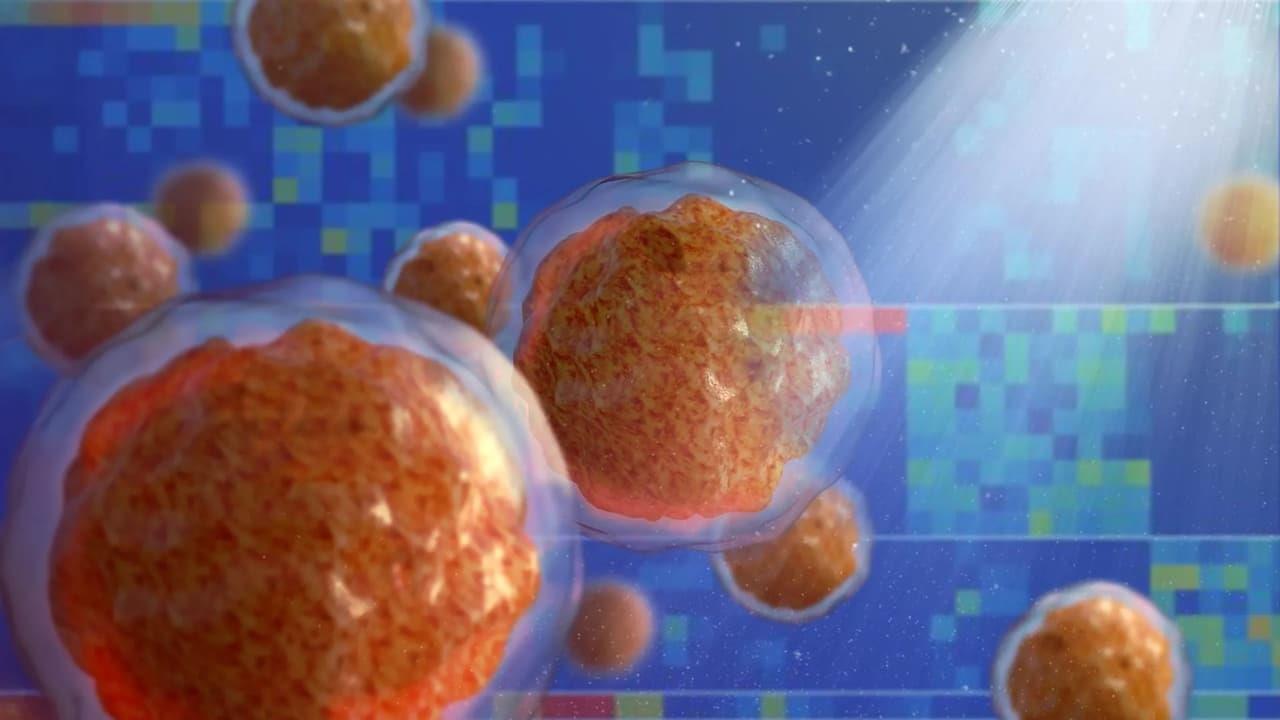
How Inflammation Reprograms Bone Marrow And Fuels Early Blood Disease
How Chronic Inflammation Quietly Rewires the Bone Marrow
New research has uncovered how long-lasting inflammation gradually reshapes the bone marrow, creating a microenvironment that quietly supports the growth of mutated stem cells. Scientists from EMBL and partner institutions found that instead of normal supportive stromal cells, ageing marrow slowly fills with inflammatory stromal cells that release interferon-driven signals. These signals attract specialised T cells, creating a self-sustaining inflammatory loop that weakens healthy blood production and gives mutated cells a competitive edge-long before symptoms appear.
A Hidden Shift That Begins Years Before Disease
Using advanced single-cell sequencing, biopsy imaging and proteomics, the team mapped the marrow of healthy people, individuals with clonal hematopoiesis (CHIP), and patients with myelodysplastic syndrome (MDS). Surprisingly, mutant cells in MDS were not the main instigators. Instead, the surrounding niche-particularly inflammatory stromal cells and hyper-activated T cells-drove the disruption of normal blood formation. This early remodeling explains why conditions like CHIP can progress into MDS or acute myeloid leukemia (AML) as people age.
New Pathways for Prevention and Treatment
The study published in Nature Communications highlight inflammation as an early driver of blood disease and point to the bone marrow microenvironment as a promising therapeutic target. Drugs that reduce inflammation or regulate interferon signalling may help protect marrow function, slow disease progression and prevent mutated clones from taking over. Researchers say these insights also deepen understanding of“inflammaging,” the low-grade inflammation behind many age-related health conditions.
Legal Disclaimer:
MENAFN provides the
information “as is” without warranty of any kind. We do not accept
any responsibility or liability for the accuracy, content, images,
videos, licenses, completeness, legality, or reliability of the information
contained in this article. If you have any complaints or copyright
issues related to this article, kindly contact the provider above.


















Comments
No comment